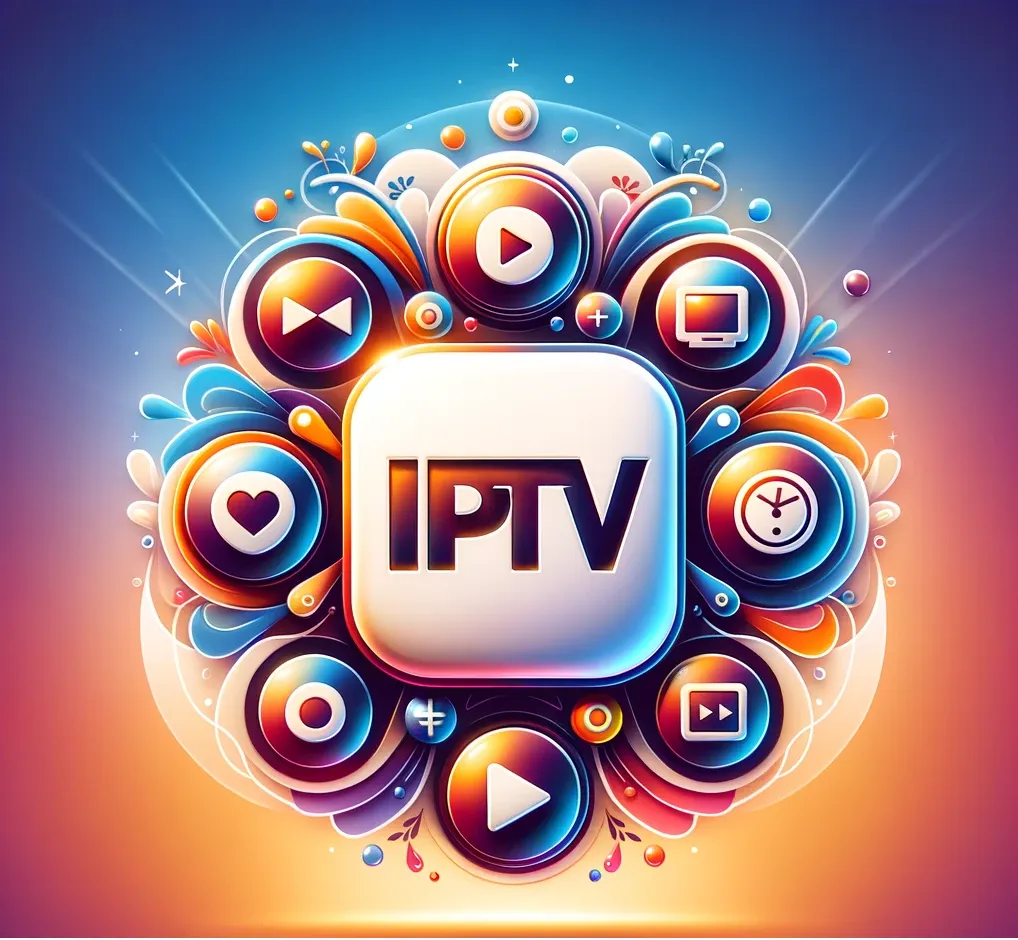Introduction
IPTV, or Internet Protocol Television, is a method of delivering television content over the internet, bypassing traditional cable or satellite means. As IPTV gains popularity due to its convenience and extensive channel offerings, questions about is iptv legaal in belgie have emerged, especially in Belgium. This article explores the legal landscape of IPTV in Belgium, addressing its legitimacy, regulatory framework, and potential risks associated with its use.

Understanding IPTV
IPTV involves the streaming of television content via internet protocols, offering users access to live TV channels, on-demand videos, and other multimedia content. Unlike traditional TV, which relies on broadcast signals, IPTV utilizes broadband internet connections, making it accessible on various devices like smart TVs, computers, and smartphones. The appeal of IPTV lies in its vast content library, customizable packages, and often lower costs.
Legal Framework for IPTV in Belgium
The is iptv legaal in belgie complex and hinges on several factors, including the source of the IPTV service, the content being streamed, and the adherence to copyright laws. Belgian law, aligned with European Union regulations, strictly enforces copyright protections, making unauthorized distribution of copyrighted material illegal. Legitimate IPTV services that operate with proper licensing and adhere to copyright laws are legal in Belgium.

Licensed vs. Unlicensed IPTV Services
IPTV services can be broadly categorized into licensed and unlicensed providers. Licensed IPTV providers have agreements with content creators and rights holders, ensuring that they legally distribute content. These services often operate transparently, charging subscription fees for access to their content. In contrast, unlicensed IPTV providers offer content without obtaining necessary permissions, often at lower prices or for free, making them illegal under Belgian law.
Risks of Using Unlicensed IPTV Services
Using unlicensed IPTV services poses several risks, both legally and practically. From a legal perspective, users may face fines or legal action for consuming pirated content. Practically, these services can be unreliable, with poor streaming quality, frequent interruptions, and security threats like malware or phishing. Additionally, supporting unlicensed services undermines the efforts of content creators and legitimate broadcasters.
Enforcement and Consequences
Belgian authorities, in cooperation with international bodies, actively monitor and combat is iptv legaal in belgie services. Enforcement actions include shutting down unlicensed providers, imposing fines, and prosecuting individuals involved in distributing or consuming pirated content. Users caught accessing illegal IPTV services can face substantial penalties, reinforcing the importance of choosing licensed providers.
Choosing is iptv legaal in belgie Provider
To enjoy is iptv legaal in belgie, consumers should opt for licensed providers. When selecting an IPTV service, consider factors such as the provider’s reputation, licensing agreements, subscription costs, and customer support. Licensed providers often offer trial periods, allowing users to assess the service’s quality and content offerings before committing to a subscription.
The Role of Internet Service Providers (ISPs)
ISPs in Belgium play a crucial role in regulating IPTV usage. They are often required to block access to known is iptv legaal in belgie services and cooperate with authorities in identifying and prosecuting offenders. ISPs may also offer their own IPTV services, bundling them with internet packages, providing a convenient and legal option for consumers.
Consumer Awareness and Responsibility
Consumers must stay informed about the is iptv legaal in belgie services and make responsible choices. Educating oneself about the risks of unlicensed IPTV and the benefits of legal options can prevent legal troubles and ensure a better viewing experience. Authorities and consumer protection agencies often provide resources and guidance on identifying legitimate IPTV services.
Future is iptv legaal in belgie
The future of IPTV in Belgium looks promising, with increasing adoption is iptv legaal in belgie services and technological advancements enhancing the viewing experience. Regulatory frameworks are expected to evolve, balancing the protection of intellectual property rights with the demand for diverse and affordable entertainment options. As the market matures, consumer awareness and responsible consumption will play pivotal roles in shaping the industry’s trajectory.
Conclusion
In summary, while IPTV offers a modern and convenient way to access television content, is iptv legaal in belgie depends on the legitimacy of the service provider. Licensed IPTV services that comply with copyright laws are legal and safe to use, while unlicensed services pose significant legal and practical risks. By choosing legal IPTV options and staying informed, consumers can enjoy the benefits of IPTV without compromising on legality or quality.
Explanatory Table: Key Differences Between Licensed and Unlicensed IPTV Services
| Feature | Licensed IPTV Services | Unlicensed IPTV Services |
|---|---|---|
| Legality | Legal | illegal |
| Content Quality | High-quality, stable streams | Variable quality, frequent interruptions |
| Security | Secure, with customer support | Risk of malware and phishing |
| Subscription Costs | Subscription fees, transparent pricing | Often cheaper or free, hidden costs |
| Support for Creators | Contributes to content creators and rights holders | Undermines legal content distribution |
| Legal Risks | No legal risks | Fines, legal action |
| Availability | Widely available through reputable providers | Often blocked by ISPs and authorities |
ABONNEMENT IPTV BELGIQUE Meilleur fournisseur Abonnement IPTV BELGIË ET Europe !
https://channeliptv4k.com/

By understanding these differences and opting for licensed IPTV services, consumers in Belgium can enjoy a rich and diverse viewing experience while adhering to legal and ethical standards.
